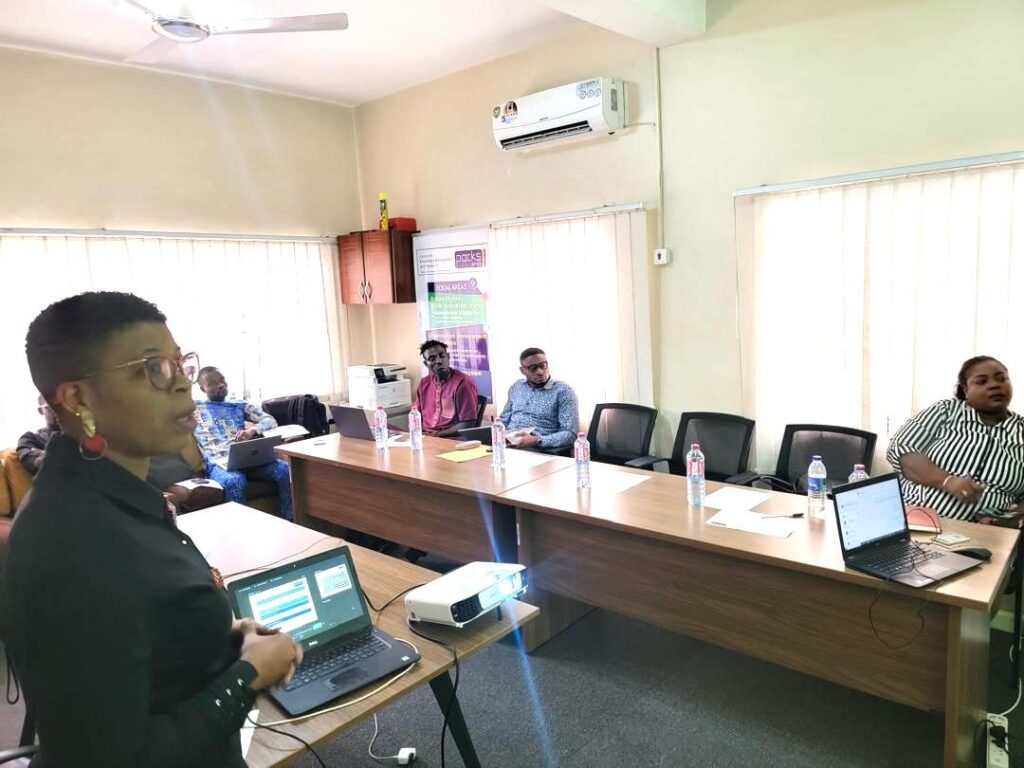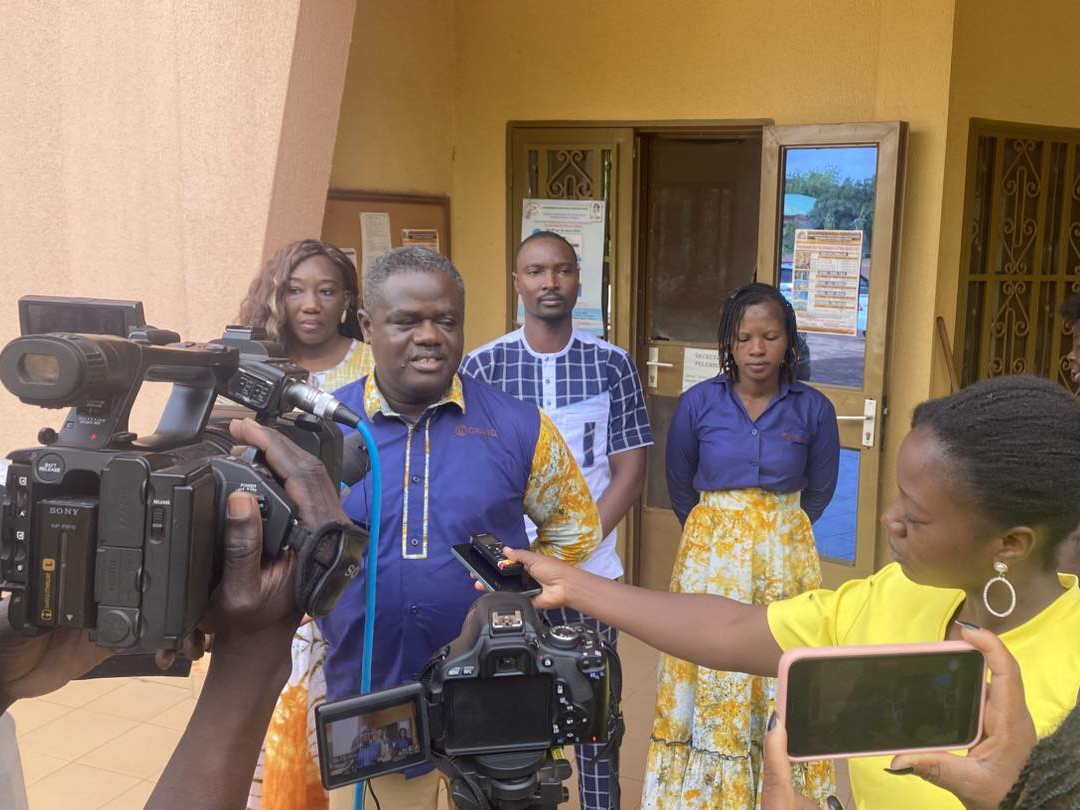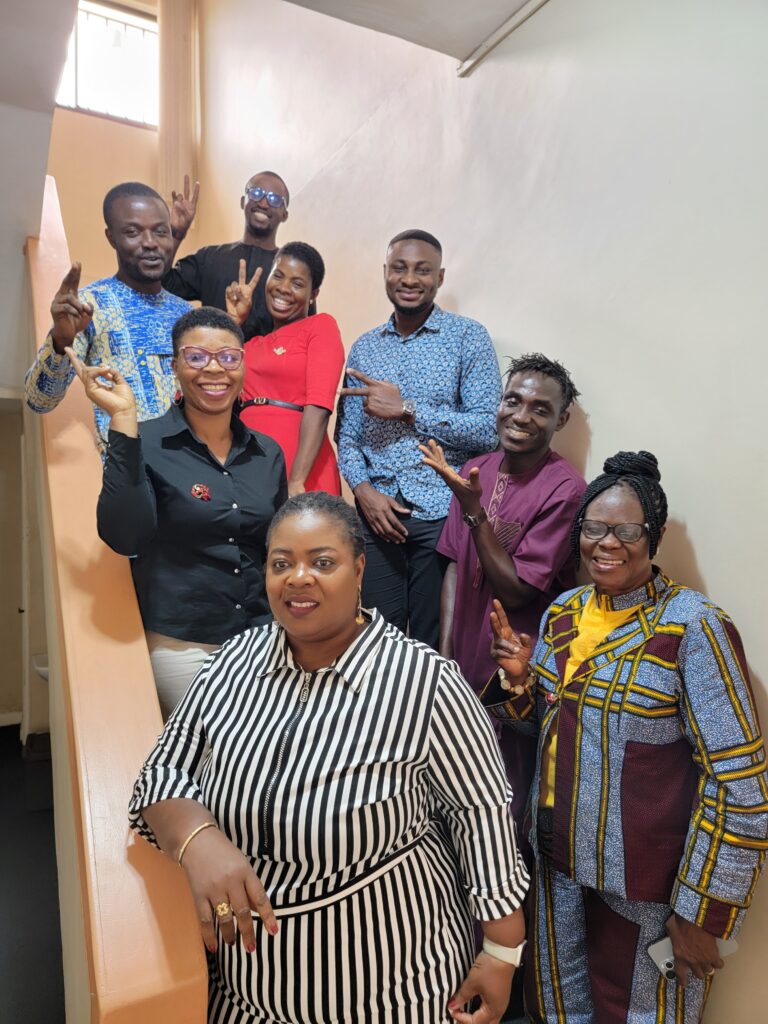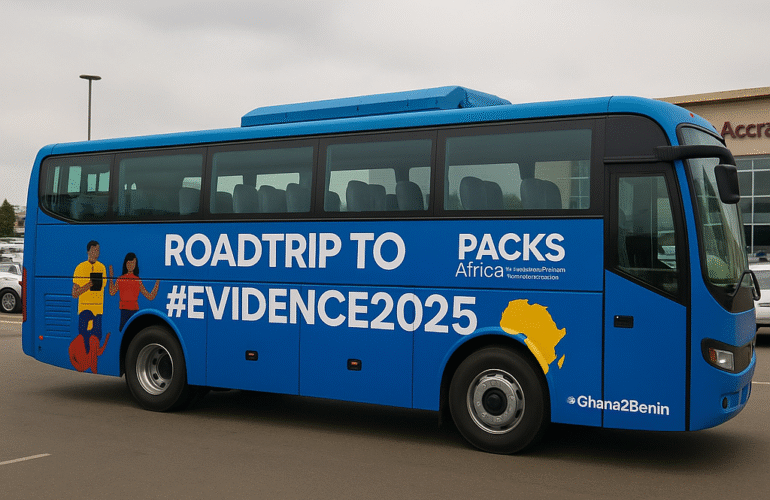
As part of efforts to strengthen water and sanitation governance in West and Central Africa, PACKS Africa convened an orientation meeting to formally inaugurate the Ghana Review Committee under the EAUtonomy Project. Comprising experts from government, academia, civil society, and the private sector, the Committee will provide strategic oversight, uphold ethical standards, and validate research tools and findings throughout the project’s implementation.
The EAUtonomy Project is a regional initiative led by GRAAD Burkina, in partnership with PACKS Africa, the Pan African Consortium of Experts (PACE), CERAPE, and supported by the International Development Research Centre (IDRC). It was launched with a regional study titled “Management and Governance of Water and Sanitation for Sustainable and Inclusive Development in Central and West Africa”, which explores the intersection of water, sanitation, climate change, and gender across five countries: Ghana, Cameroon, Congo-Brazzaville, Senegal, and Burkina Faso.
Prevailing Gendered WASH Conditions
Evidence across Central and West Africa reveals that women bear a disproportionate burden of unpaid care work, spending over 50% of their day on domestic tasks. Rural women often work 12 hours more per week than men, largely due to responsibilities like water collection and household sanitation. These challenges are being intensified by climate change and inadequate infrastructure.
In furtherance, access to safe water and sanitation remains alarmingly low. In Central Africa, only 30% of people have access to basic drinking water, while in West Africa the figure stands at 49%. Sanitation coverage is even worse, with just 4% in Central Africa and 14% in West Africa – posing significant threats to progress on Sustainable Development Goal (SDG) 6.2. These figures underscore the urgent need to reimagine governance systems with equity, inclusion, and local relevance.

Expected Project Contributions
According to Dr. Damien Lankoandé, Executive Secretary of GRAAD Burkina, the project will focus on four key themes: sanitation, water, climate change, and women’s empowerment. He noted that despite numerous policy efforts, the rate of access to WASH services remains critically low across the regions.
Dr. Lankoandé stressed the need to understand how existing systems affect women’s unpaid care work and whether they truly meet the needs of women and girls. “We aim to identify good practices, draw inspiration from them, and propose practical recommendations, especially for the well-being of women and girls who are most affected by these issues,” he added.
Advancing endogenous EIDM practices
Speaking at the convergence workshop, Kirchuffs Atengble, Executive Director of PACKS Africa, highlighted the urgency of adopting inclusive, gender-sensitive approaches. He emphasized that women and girls are not only disproportionately affected by weak WASH systems, but are often excluded from decision-making spaces. Challenges such as menstrual hygiene, safety and dignity in public facilities, and underrepresentation in policy processes require immediate attention.
The newly constituted Ghana Review Committee, therefore, marks a pivotal milestone that reinforces the EAUtonomy Project’s commitment to supporting people-centred, evidence-informed governance, rooted in local realities and driven by inclusive collaboration toward building more equitable and sustainable WASH systems across the regions.





